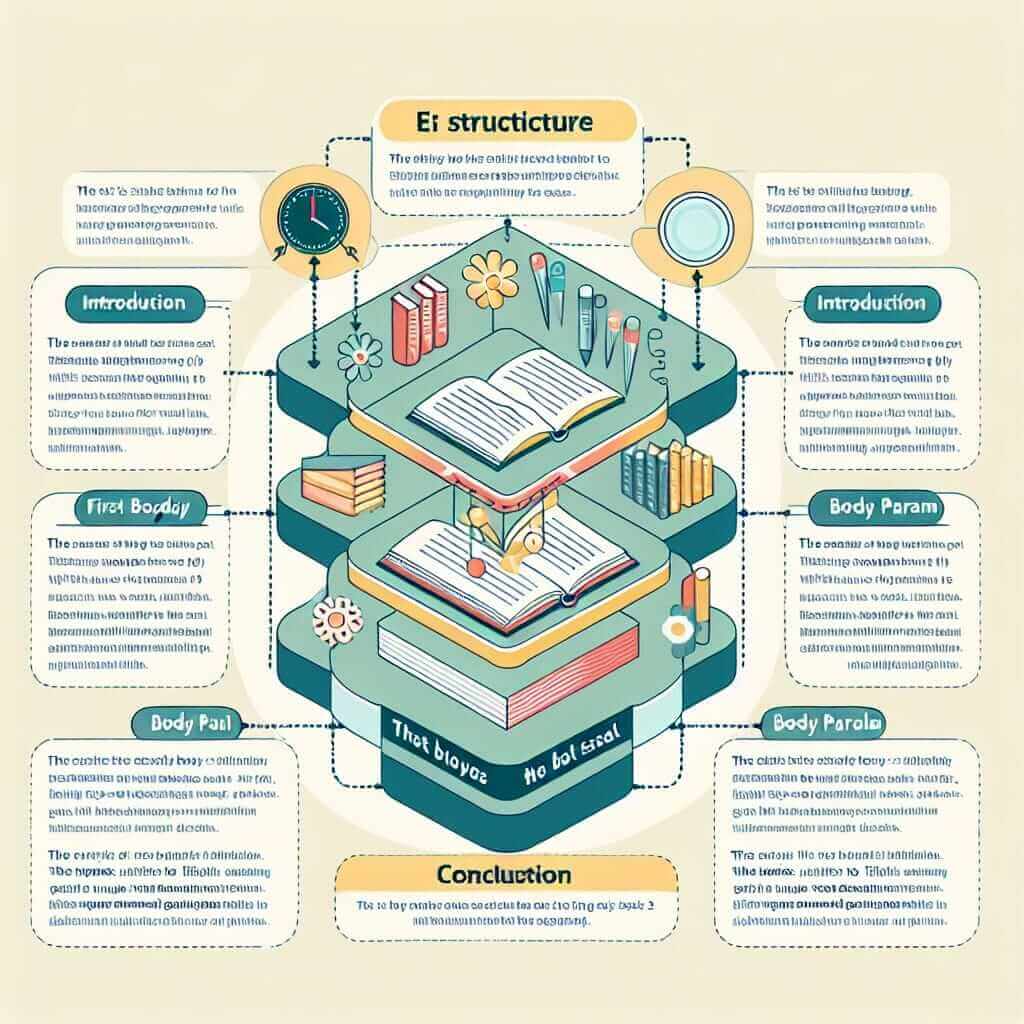The International English Language Testing System (IELTS) is a critical assessment for non-native English speakers looking to study, work, or migrate to English-speaking countries. Among the four sections of the IELTS—Listening, Reading, Writing, and Speaking—the Writing section often poses the most significant challenge for many test-takers. Specifically, IELTS Writing Task 2 demands considerable attention as it forms a major part of the writing score. For beginners, understanding the duration needed to effectively complete this task is crucial for achieving a high score.
Understanding IELTS Writing Task 2
What is IELTS Writing Task 2?
IELTS Writing Task 2 is an essay-writing task that requires test-takers to respond to a statement or question, presenting and justifying an argument, discussing a problem, proposing a solution, or evaluating and challenging ideas. The task assesses the ability to write a clear, relevant, and well-structured essay on a given topic, often related to contemporary issues.
The basic structure of an IELTS Writing Task 2 essay typically includes:
- An introduction
- Two to three body paragraphs
- A conclusion
Duration for Beginners
For beginners, managing time effectively during the IELTS Writing Task 2 is vitally important. The official guideline allocates 40 minutes for this task. The 40 minutes should be divided as follows for an optimal approach:
- Planning (5-10 minutes): An efficient plan can set the foundation for a well-organized essay. During this time, brainstorm ideas, outline your essay structure, and think about key points and examples.
- Writing (25-30 minutes): Dedicate the bulk of the time to writing the essay. Focus on clarity, coherence, and ensuring each paragraph transitions smoothly to the next.
- Reviewing (5 minutes): Use this time to check for grammatical errors, ensure sentence structure and vocabulary usage are varied and appropriate, and confirm that your essay answers the question thoroughly.

Examples and Application in Real IELTS Exams
Example Prompts
Below are some example prompts to illustrate what you might encounter in IELTS Writing Task 2:
-
Prompt: “Some people believe that unpaid community service should be a compulsory part of high school programmes (for example working for a charity, improving the neighbourhood or teaching sports to younger children). To what extent do you agree or disagree?”
- Example: Start by clearly stating your position. If you agree, list compelling reasons such as the development of a sense of responsibility and community connection among students.
-
Prompt: “In many countries, people are pursuing academic studies in universities more than they are learning vocational skills. Do the advantages of this trend outweigh the disadvantages?”
- Example: Discuss both views. Highlight the importance of academic degrees in career advancement and weigh it against the need for vocational skills in the job market.
Common Mistakes to Avoid
Potential Errors
- Poor Time Management: Spending too much time planning and not enough writing can lead to unfinished essays.
- Misinterpretation of the Prompt: Ensure you fully understand the question being asked. Misunderstanding the prompt can lead to irrelevant responses.
- Lack of Structure: Ensure your essay has a clear introduction, body paragraphs, and a conclusion. Lack of structure can make your essay hard to follow.
- Grammatical and Language Errors: These can significantly impact your score. Review your essay to minimize mistakes.
- Repetition: Avoid repeating ideas excessively. Make sure each paragraph introduces a distinct point.
Practice Tips
Effective Practice Strategies
- Timed Practice: Simulate exam conditions by practicing with a timer. Aim to complete essays within the 40-minute timeframe.
- Review and Feedback: After writing, review your essays and seek feedback from teachers or peers to identify areas for improvement.
- Read High-Scoring Essays: Analyze high-scoring IELTS essays to understand successful writing techniques and structures.
- Expand Vocabulary: Work on expanding your vocabulary to express ideas more effectively and precisely.
- Practice Different Topics: Expose yourself to a variety of topics to become comfortable with different types of prompts.
Conclusion
Understanding the appropriate duration for IELTS Writing Task 2 is crucial for beginners striving to achieve a good score. By effectively managing the 40-minute timeframe, practicing regularly, and focusing on common pitfalls, test-takers can significantly enhance their essay-writing abilities. Remember, practice and persistence are key. If you have any further questions or need additional guidance, feel free to leave a comment or explore other helpful resources on our website. Happy studying and good luck with your IELTS preparation!